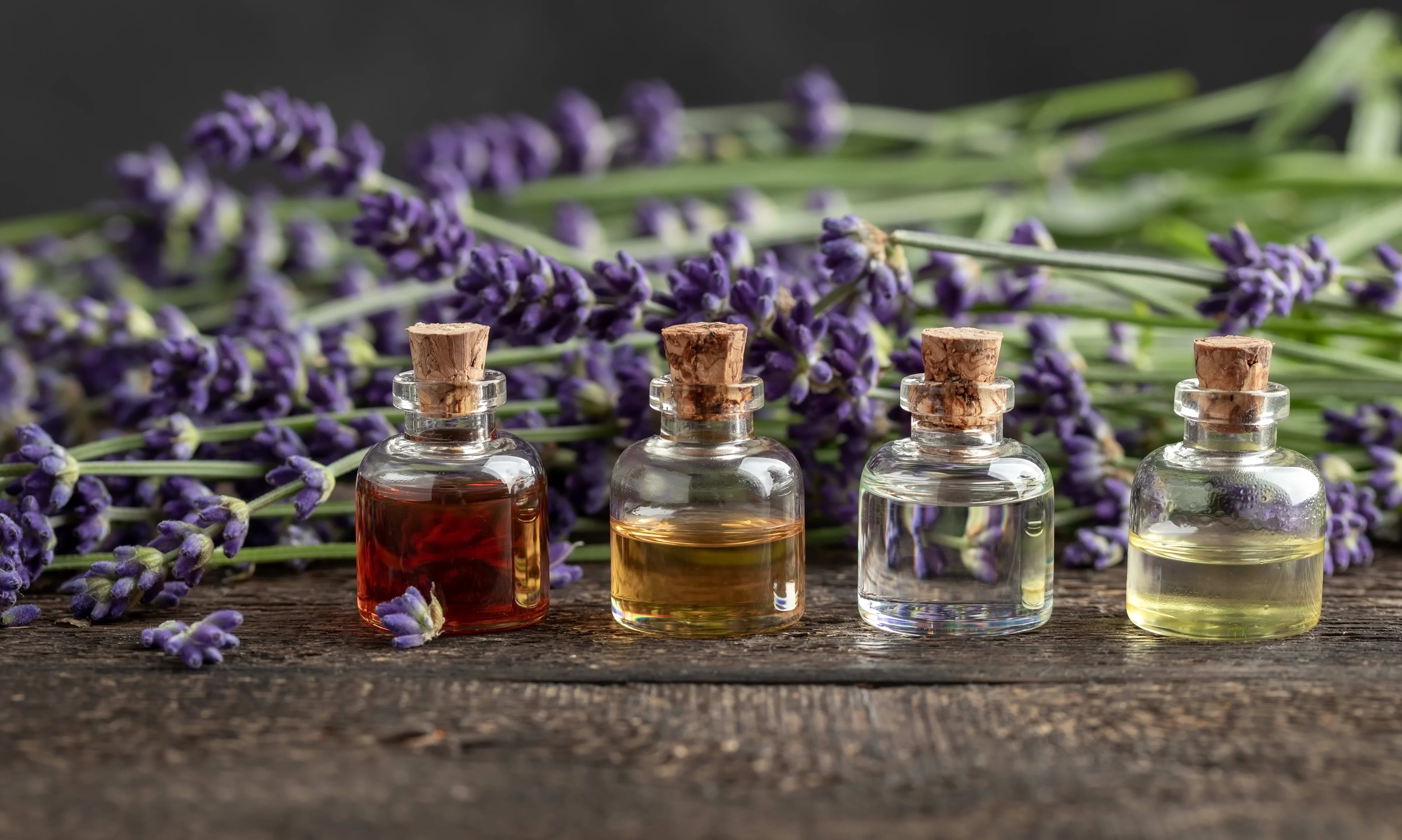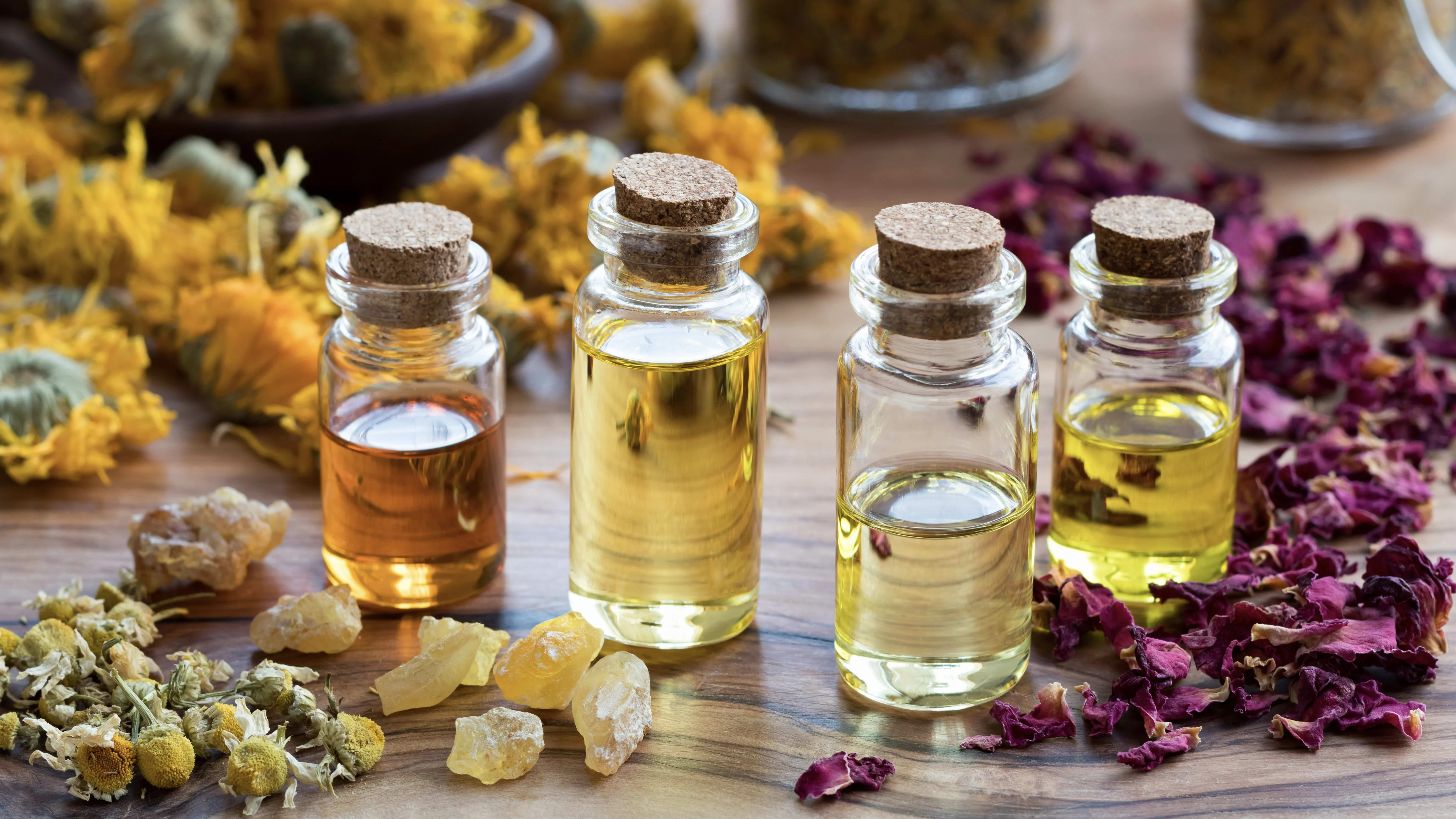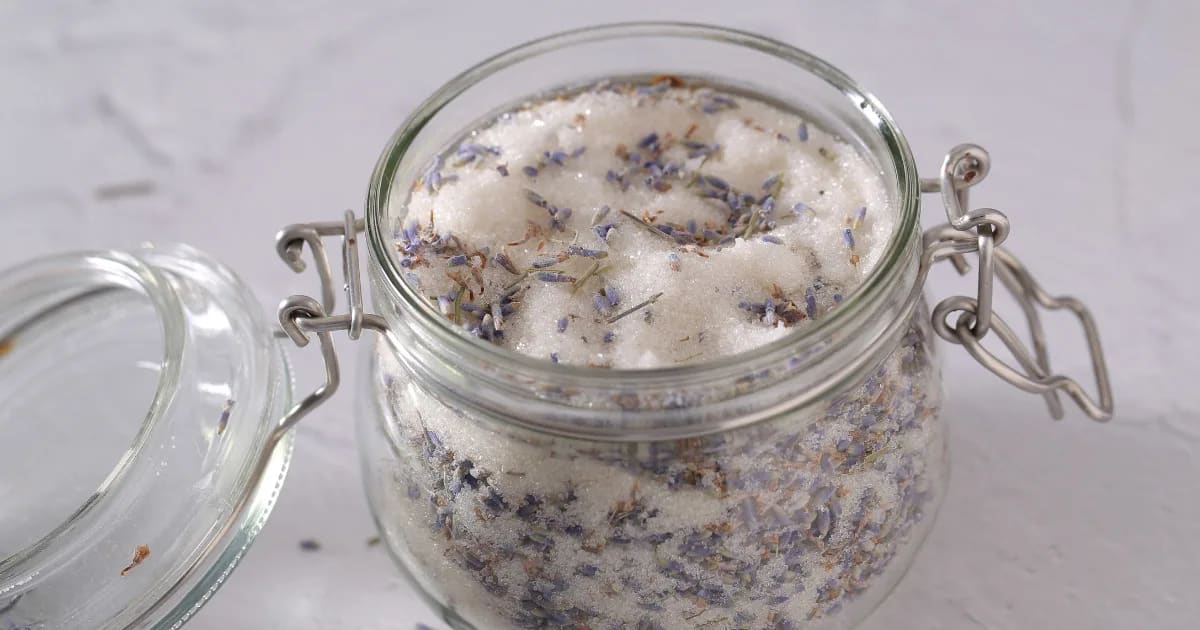4 Must Have Essential Oils (that you may not know about)

These 4 Must-Have Essential Oils Can Expand Your Aromatherapy Practice
I want to share 4 of my favorite must-have essential oils with you!
You may not know about some of these because they're not as commonly used as essential oils like Lavender, Eucalyptus, or Sweet Orange.
But these 4 essential oils offer some beautiful and (in some cases) exotic substitutes for more popular oils.
They'll give you more ways to create aromas that people love and to go even deeper with your Aromatherapy practice.
1. Bergamot Mint (Mentha citrata)
If you take a sniff of Bergamot Mint, you might not know what kind of essential oil it is.
"Is this essential oil a mint? Or citrus? Or maybe it's a floral?
That's understandable—Bergamot Mint's aroma is gorgeous and complex! It smells like a blend of Peppermint and Bergamot, and there are even soft floral notes layered in.
It's actually a mint, like Peppermint.
Another fascinating thing to know about Bergamot Mint is that its chemistry is very similar to an essential oil that's a lot more well-known . . . Lavender!
Just like Lavender essential oil, Bergamot Mint is rich in the natural components linalool and linalyl acetate. And we can use it in many of the same ways that we can use Lavender.
Bergamot Mint is a must-have for relaxing the nervous system, relieving pain, soothing muscle tension, and calming spasms. I love this essential oil for emotional support too, like if I'm making a blend for easing anxiety.
2. Cardamom (Elettaria cardamomum)
Most people know about Cardamom essential oil for digestion issues but may not know it's actually useful for so much more!
For example . . . I consider Cardamom a must-have essential oil for respiratory support.
Cardamom essential oil gets things moving—our energy, circulation, and any congestion that might feel clogged in our sinuses or chest. It helps us breathe more easily and it calms inflammation.
Cardamom is a wonderful friend if you're dealing with a cold, flu, or sinus headache that has your energy feeling drained, but you still have things to do.
It's different than some of the more popular essential oils people know about for respiratory support, such as Eucalyptus, Tea Tree, or even Ravintsara. That's because Cardamom's aroma is not medicinal at all—it's warm, sweet, and spicy.
3. Elemi (Canarium luzonicum)
If you are a fan of essential oils distilled from resins, like Frankincense, Myrrh, and Opopanax, then you're going to consider Elemi a must-have essential oil!
Elemi is also distilled from a resin. But the resin is produced by the plant a little differently . . .
Frankincense, Myrrh, and Opopanax plants all produce resin in response to a "wound" in the trunk or bark. The healing resin comes forth to seal the wound and protect the plant. Then the resin hardens, and we can harvest it.
The Elemi plant naturally produces its resin when the leaves sprout.
Its aroma is unique, too! Elemi has a fresh, lemony, black peppery scent. (I actually love blending it with Lemon and Black Pepper, this combination smells amazing . . .)
While it has its own personality, Elemi also has a lot in common with its "resin friends."
It's gentle on the skin (I love it in recipes for body butter or moisturizing oil) and is a good choice for wound salves and calming irritation. It is also a big supporter of respiratory health—Elemi can help clear up congestion and calm a cough.
4. Yuzu (Citrus junos)
The last must-have essential oil is a citrus from Japan—so some people may not know about it, or be familiar with its effects!
Yuzu's aroma is more complex than any other citrus. It has the typical bright, uplifting citrus personality, but it's layered with the tart scent of Grapefruit, tones of Mandarin, and even a hint of a balsamic aroma (the kind of scent we find in Frankincense).
Any time you want to blend with a citrus essential oil, you can substitute Yuzu and get a more layered effect.
It's helpful for immune support (especially during cold and flu season), respiratory health, clear breathing, breaking up congestion, emotional clarity and optimism, calming stress, and even natural perfumes.
The research we have on Yuzu indicates to us that it is NOT a phototoxic citrus essential oil.
(Do you not know what I mean by "phototoxic?"I explain this important safety issue and how you can avoid negative reactions in this blog post.)
Now you know about four less common oils that you can turn to when you need a substitute or when you're getting creative with your recipes.
I hope you love these must-have essential oils as much as I do!
...and don't forget to subscribe to Aromahead's YouTube channel below so you can get notified every time we post a new video!





